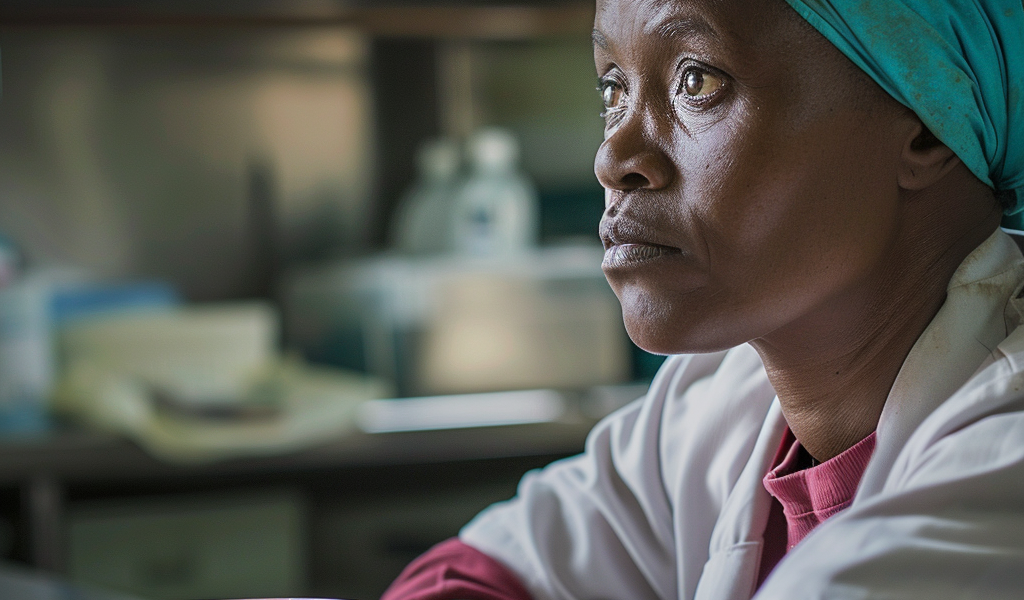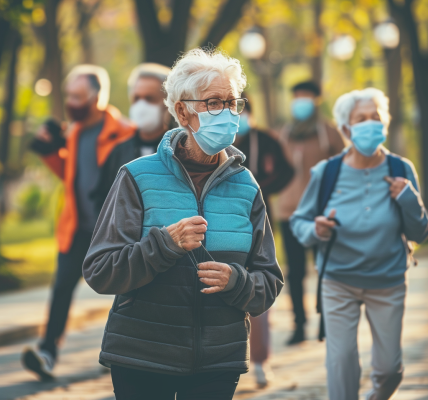Global Health Alarm: Rising Antimicrobial Resistance Threatens Public Health, Especially in Africa
In recent years, the global health community has been increasingly alarmed by the rise of antimicrobial resistance (AMR), a phenomenon where infectious agents such as bacteria, viruses, and fungi evolve to resist the effects of medications designed to treat them. This growing challenge not only complicates the treatment of infections but also poses significant risks to public health, particularly in vulnerable regions such as Africa.
Antimicrobials encompass a wide range of medications, including antibiotics that target bacterial infections. However, when these drugs become ineffective due to resistance, the implications can be dire. The World Health Organization (WHO) has emphasized that AMR threatens to undermine decades of medical progress, making common infections potentially lethal once again.
One of the most pressing issues linked to AMR is its impact on public health initiatives, particularly in the treatment of diseases like tuberculosis (TB). Antibiotic resistance can severely hinder the effectiveness of TB treatments, leading to increased mortality rates and complicating efforts to control the disease. Furthermore, AMR poses risks to various medical procedures, including surgeries, cancer treatments, and childbirth, where the prevention of infections is crucial.
The roots of antimicrobial resistance are often traced back to the misuse and overuse of these medications across various sectors, including human healthcare, veterinary practices, and agriculture. In many cases, antibiotics are prescribed unnecessarily or used inappropriately, leading to the development of resistant strains of bacteria. This misuse is compounded by a lack of awareness and education about the proper use of antimicrobials among both healthcare providers and patients.
African nations are particularly affected by the rise of AMR. In 2019, the continent accounted for 21% of global deaths related to antimicrobial resistance, with over 1.05 million fatalities attributed to this issue. The situation is exacerbated by limited access to healthcare, inadequate diagnostic facilities, and insufficient regulatory frameworks governing the use of antimicrobials. As a result, the burden of AMR falls disproportionately on African populations, leading to higher rates of illness and death.
Recent data highlights a troubling trend: the prevalence of resistant infections is on the rise. For instance, infections caused by Escherichia coli (E. coli) resistant to cephalosporins—a class of antibiotics—are becoming more common. This increase signals a need for urgent action to combat AMR and its associated health threats.
Addressing the challenge of antimicrobial resistance requires a multifaceted approach. Education and awareness campaigns aimed at healthcare providers and the general public are essential to promote the responsible use of antimicrobials. Additionally, strengthening regulatory frameworks and improving access to quality healthcare can help mitigate the misuse of these vital medications.
Investing in research and development for new antibiotics and alternative therapies is also critical. The pharmaceutical industry has been slow to develop new antimicrobial agents, partly due to the economic challenges associated with bringing new drugs to market. Encouraging innovation in this field is essential to ensure that effective treatments remain available.
Furthermore, global collaboration is necessary to tackle AMR comprehensively. Initiatives that promote the sharing of data, research findings, and best practices can help countries learn from one another and implement effective strategies to combat resistance. International organizations, governments, and healthcare providers must work together to develop and enforce policies that prioritize the responsible use of antimicrobials.
In conclusion, the rise of antimicrobial resistance represents a significant threat to global health, particularly in regions like Africa where the burden is already heavy. By addressing the root causes of AMR, promoting responsible use of medications, and investing in new treatments, the global community can work towards reducing the impact of this pressing health challenge.





